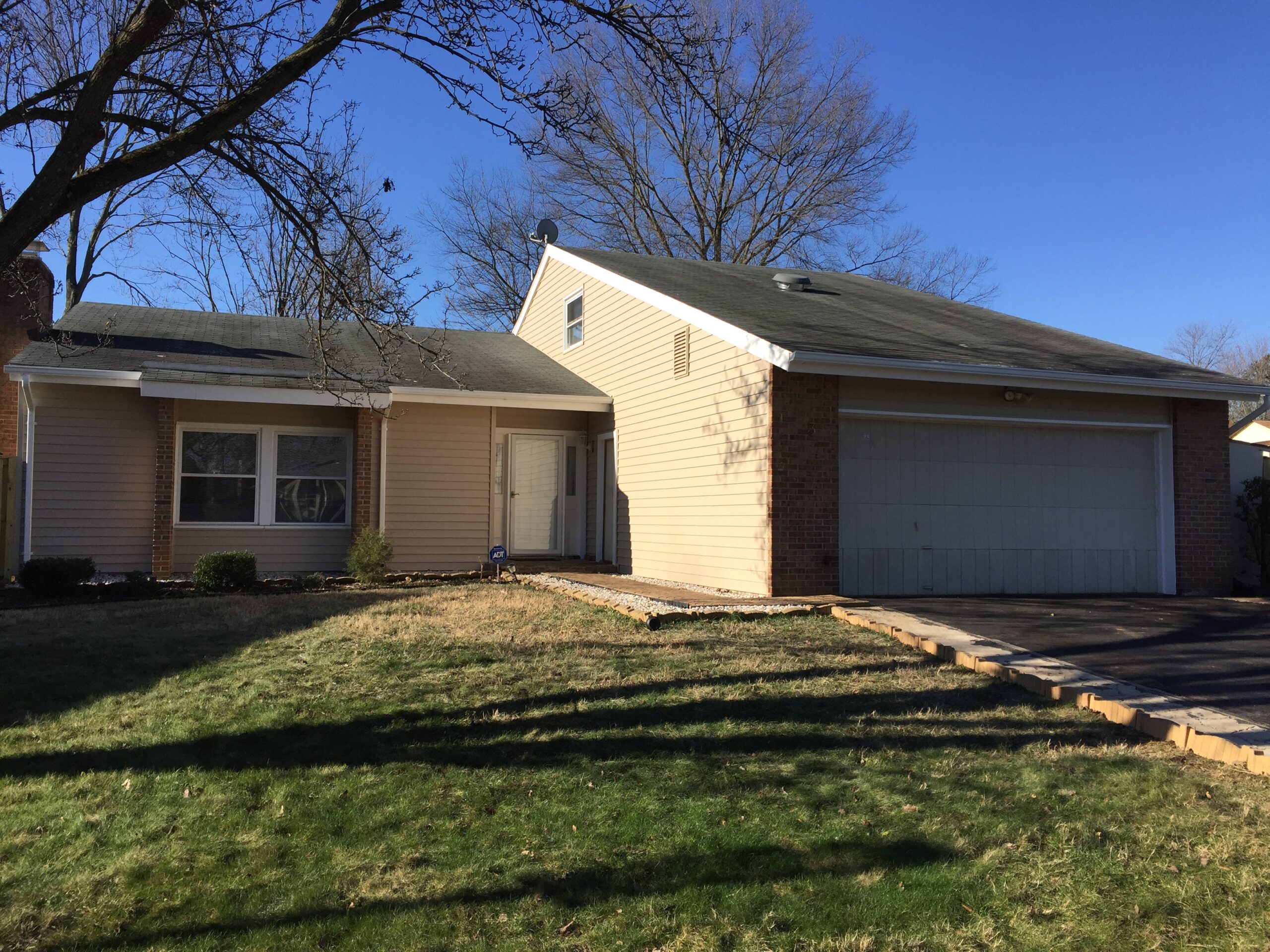Finding the Right Contractor: Part III

Details, Details, Details!
The majority of contracts are simple and straightforward, but larger or more experienced contractors may have longer and more detailed contracts. Regardless of the size or complexity of the agreement, It’s essential you read all specific items in your contract carefully.
Misunderstandings are more often the cause of contract disagreement rather than actual dishonesty or incompetence. It’s in your best interest to state in writing the specific items in the contract important to you. The following are some basics that should be covered in any agreement with your contractor:
Product choices
— Have you been offered a choice of good, better, best products?
— Are the products identified by brand and manufacturer name?
— Is there a clear reference to the warranty which will cover the products to be installed?
— Is the manufacturer’s name for the products you are buying stated in the contract?
— Do you understand the difference in the aesthetics from one manufacturer to another?
Scheduling
— Start and stop dates are difficult to pin down due to the unpredictability of the weather, but you can control exceptions. For instance, negotiate a “no-later-than” clause. Be reasonable, but make it clear that these terms will be enforced if necessary.
Right-to-Rescind
— This clause establishes a time period in which the homeowner can cancel the contract without penalty. If the homeowner cancels the job after the right-to-rescind period has elapsed, then the contractor may request a certain dollar or percentage value of the contract in return. This is especially true with custom made windows that cannot be returned.
Manufacturer’s warranty specifications
— Confirm that the Agreement states that all manufacturer’s warranty and installation warranties are in the contract.
Cleanup
— This becomes very important if the project is expected to take several days.
Payment terms. Schedule, terms and method of payment
— This should be written out fully with no room for misunderstandings. It is customary for a contractor to ask for a deposit, typically 25 – 30%, to cover the cost of the materials up front. Another payment may be negotiated at the start of the job, with the balance due upon completion.
Preliminary inspection
— Establish the condition of the property before any work is done and take special care to list the conditions of landscaping and equipment located where the crews may be working.
— If you have furniture or items on the walls that could be damaged, make sure to remove them and place them in a safe place before work begins.
— Do not be unreasonable on your expectations. Discuss and agree on what is fair. Prepare a checklist as you go and co-sign it, indicating that both parties understand the present condition of the property.
Stay tuned for the next part of our series on choosing the right contractor, and make sure to give us a call at Tri County Windows when you start thinking about home improvements!